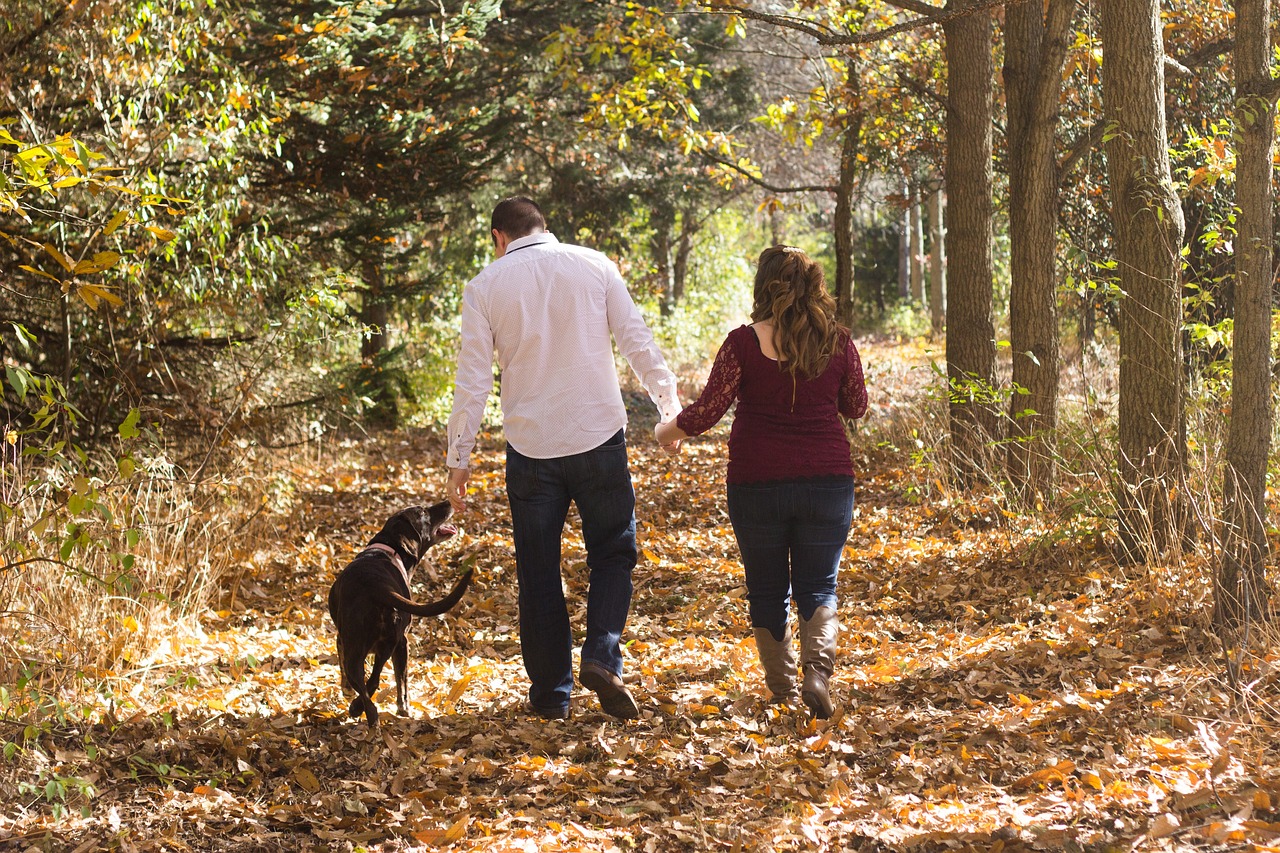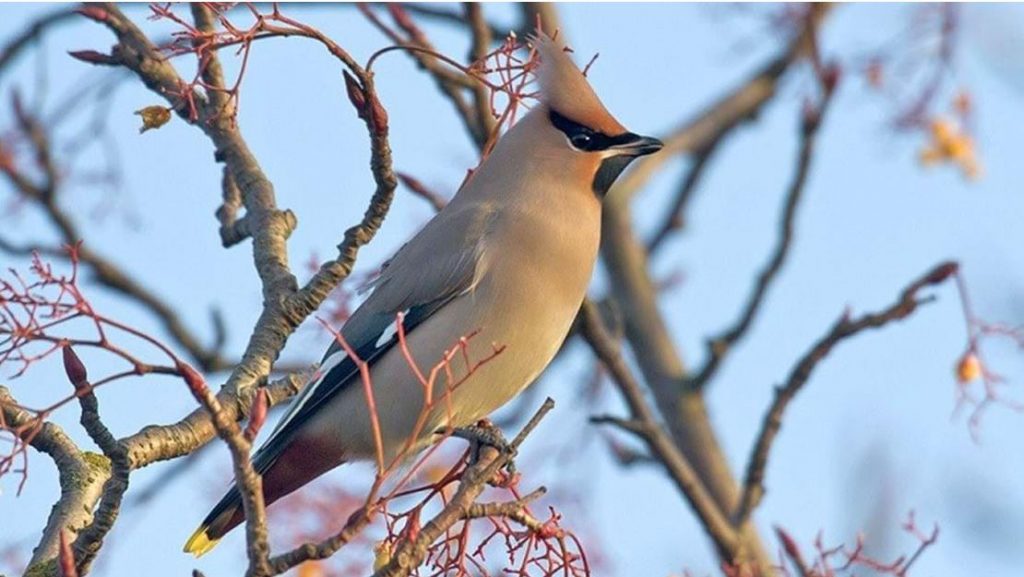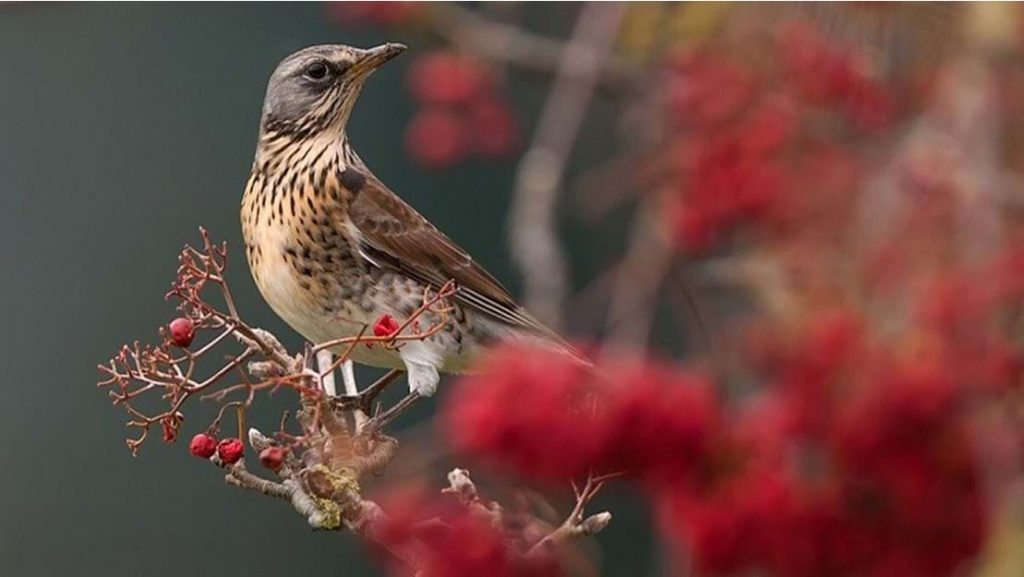A woodland walk is great for your health

We have all appreciated the soothing power of nature – whether it’s the chance to clear our minds with an hour’s gardening, an inspirational garden visit, time spent walking the dog or a jog or bike ride. Now, as the open garden season closes there are still plenty of wonderful ways of getting out into nature and none better than taking a winter walk.
Daily fresh air is invaluable and, according to the Woodland Trust, the benefits of trees and woods on our mental and physical health are seemingly limitless – time spent in woodland is never wasted – and could even give you more than just a spring in your step.
Trees are brilliant natural air filters, trapping pollutants on their leaves and bark. That’s why London plane trees line so many city streets across the world. But, although urban trees are vital for our health and wellbeing, there’s nothing like a walk in the woods to really give you a healthy dose of fresh air.
As well as improving air quality trees provide us with precious space for relaxation and exercise. Taking a daily dose of exercise in trees or woodland can improve self-esteem and mood and reduce anxiety disorders and depression. It’s not just the physiological effects of exercise, such as the release of endorphins, dopamine and serotonin that cause these responses either – studies have shown that regular use of woods or parks for physical exercise reduced the risk of poor mental health, whereas no such pattern was found in non-natural settings like gyms.
So, wrap up warm and head for the woods – here are the Woodland Trust’s top tips:
Top 10 tips for walking in woods
– Take a look at the weather before you visit in case you need to pack waterproofs, boots or wellies.
– Check access restrictions, rights of way and car parking before you leave. You can freely explore all Woodland Trust woods, but many others are privately owned.
– Take a map, especially if you’re planning a long walk. Don’t rely on 4G as many woods are out of signal range. Stick to paths to minimise disturbance to wildlife.
– If you’re bringing your dog, read the Woodland Trust’s dog walkers’ code of conduct so you know what’s expected in the Trust’s woods.
– Help prevent the spread of tree pests and diseases by cleaning your footwear before and after you visit a wood.
– Pack a first aid kit, including plasters and antihistamines.
– Take drinking water and snacks or picnics, but please don’t leave litter behind.
– Be extra aware in areas with livestock and look out for horses on bridleways. Ensure you close gates behind you.
– When walking along roads, keep to the road’s right-hand side so you can see oncoming traffic. Stay in single file if you’re in group.
– If you’re walking in the woods at night, take a torch with you.
Make it much more than a walk
Foraging can be fun – check out the Woodland Trust’s guide to edible wild plants to look out for in November and December here
Or look out for winter birds and wildlife. Some birds fly hundreds of miles to visit us for winter. Others are here all year round, but seem more noticeable in winter when fallen leaves and the quest for food make hungry birds easy to spot. Follow the Woodland Trust’s handy ID tips and brighten your winter with a bit of bird spotting! Click here for more
You can also use the Woodland Trust’s ‘Find a Wood’ page to discover woods new to and near to you, and discover more about why walking in woods is so good for you here
Click here for more great Christmas content
All bird images: North East Wildlife Photography



















